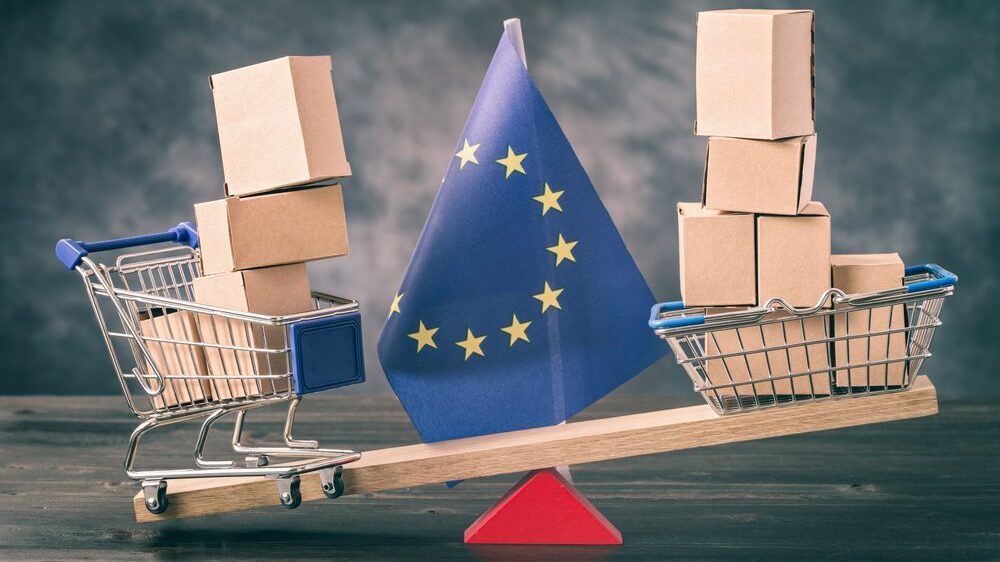
The European Commission proposes imposing central tariffs on small goods from third countries, expecting an additional EU revenue of €750 million per year, the German Süddeutsche Zeitung reported on Monday, May 15th.
If approved by the EU institutions, the move—part of the upcoming customs reform—will practically eliminate the currently existing €150 limit under which small-value goods can be imported free of extra charges. But after the reforms, EU customers are expected to pay both sales taxes and customs duties in the future, even for the smallest orders from outside the bloc.
According to Süddeutsche Zeitung’s report, the Commission is expected to present further details of the plan later this week, as well as on other elements of the customs reforms, such as the creation of the new EU customs authority to be fully set up by 2028, which will gradually replace the member states’ own custom systems with a centralized “data hub” for the entire bloc.
The proposed tariffs on the small-value goods are not the only idea floating around in Brussels to expand the EU’s own revenue sources. Last week, the European Parliament also adopted a resolution calling for imposing new, central EU tax regimes on big businesses, financial transactions, and cryptocurrencies in a bid to tackle the bloc’s financial deficit, as the “EU’s finances are going through a critical period,” the document reads.
The resolution was tabled by the liberal Renew group, whose rapporteur argued that the member states’ annual contributions are no longer enough; the EU needs its own revenue sources as well. As the French MEP Valérie Heyer, the one responsible for the file, said:
We can’t stick to the EU budget being 1 percent [of the bloc’s GDP], it’s a dogma and a limit we can’t work with … We have Ukraine, strategic autonomy, climate financing, and digital transition—so we need to invest more.
The resolution also proposed the introduction of so-called “statistics-based national contributions,” as an “incentive and reward for vigorous implementation of Union-level policies,” especially in social and environmental areas, as well as other sources (such as increased fees, fines, and penalties).
According to the proponents of central tax regimes and customs reforms, the establishment of EU revenue streams was inevitable to be able to repay the €724 billion loan the bloc took out to finance its pandemic recovery plan.
